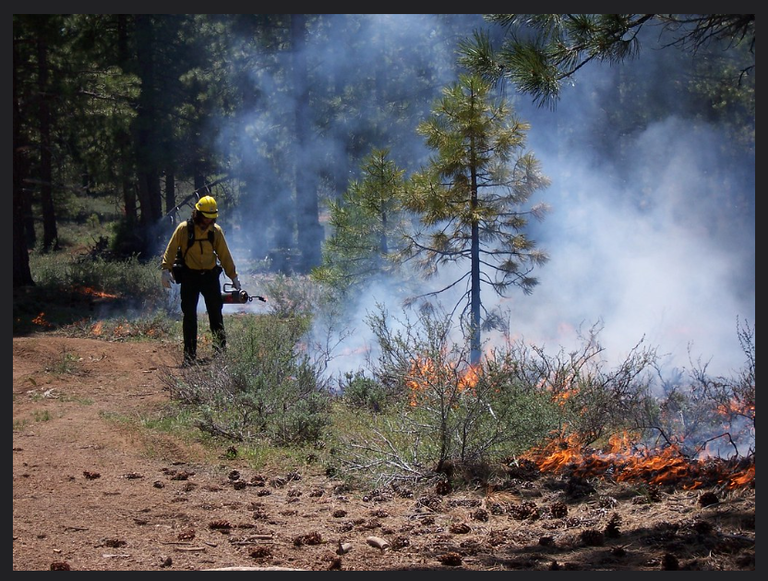The air is thick with smoke, the sky a sickly orange, and the smell of burning wood and ash is everywhere. It's been a week since the fires started, and they seem to be getting worse. Several fires erupted across Los Angeles County on Tuesday, fueled by strong Santa Ana winds, and the situation remains critical.
The largest of these, the Palisades Fire, ignited in Pacific Palisades and has grown to over 17,000 acres with zero containment. The Eaton Fire, burning north of Pasadena, has also exploded in size, threatening thousands of homes. Evacuation orders have been issued for numerous neighborhoods, including parts of Hollywood Hills, Pacific Palisades, and Altadena.
Flames are leaping from ridge to ridge, engulfing homes and threatening iconic landmarks. The fire has already claimed at least five lives and caused widespread destruction. The damage is immense. Hundreds of homes have been destroyed, leaving thousands displaced. The economic impact will be devastating, with businesses shut down and the tourism industry crippled.
The environmental damage is equally concerning. Acres of precious wilderness have been reduced to ash, impacting wildlife habitats and the delicate ecosystem. The air quality is hazardous, with smoke and ash blanketing the region, posing health risks to residents.
The situation remains fluid and unpredictable. Firefighters are battling the flames tirelessly, but the strong winds continue to pose a significant challenge. The fear is palpable as residents anxiously await news and hope for containment. Within the chaos, only one thing keeps coming to my mind - science will almost always be right.
Why am I saying this?
There are 3 components that have to be present to start a fire - oxygen, fuel, and heat. If you remove at least one of these components, you will defeat any fire. In order to overcome an already-ignited fire, it needs to be starved of one of the components. All the efforts of the firefighters currently working at the scenes of the Los Angeles fire are either channeled toward rescuing victims or removing the heat component of the fire in order to quench it.
Fun fact; the fire could have been prevented. And prevention, they say, is better than cure.
No matter what, we know that without fuel, fire has no life. To prevent a disaster such as the Los Angeles fire, scientists recommend the prescribed burning of forests. Some call it controlled burning. Be it prescribed or controlled burning, the objective remains the same - to reduce the fuel load of forests. Without adequate fuel, even if a forest accidentally catches fire, the life of the fire will be cut short due to the absence of fuel.
Prescribed burning, the controlled application of fire to specific areas of forestland, could have significantly mitigated the intensity and spread of the recent Los Angeles fires. This practice mimics natural fire regimes, reducing the accumulation of flammable underbrush, deadwood, and leaf litter that act as fuel for wildfires. By conducting controlled burns during cooler, less windy periods, firefighters can remove hazardous fuels, creating firebreaks and reducing the overall fire risk.
Furthermore, prescribed burning promotes the growth of fire-resistant plant species and improves forest health. By reducing the density of vegetation, it allows for better air and water circulation, reducing the risk of insect infestations and diseases that weaken trees and increase their susceptibility to fire. While prescribed burning requires careful planning and execution, it is a valuable tool in wildfire prevention and can help protect communities and ecosystems from the devastating impacts of uncontrolled blazes like those currently ravaging Los Angeles.
There are numerous scientific publications that highlight the importance and effectiveness of prescribed burns in the management of forests. Many of these publications are peer-reviewed and huge amounts of funds go into them. Some of them are even sponsored by governments themselves. Unfortunately, many governments don't take recommendations from research they sponsored.
When governments refuse to listen to the academic community, disasters such as the one being witnessed in Los Angeles will keep happening. The consequences of ignoring science can be terrible.
Thank you for reading.
Posted Using INLEO

I saw videos on X (formally Twitter) and I was worried. You just prescribed "Prescribed burning" but even if you announce it, people aren't going to learn or adhere to it. As painful as this is and might sound, it is possibly going to happen again seeing that this is not the first neither will it be the last wild forest fire.
HUman beings are mostly reactive rather than proactive
Thanks for your contribution to the STEMsocial community. Feel free to join us on discord to get to know the rest of us!
Please consider delegating to the @stemsocial account (85% of the curation rewards are returned).
You may also include @stemsocial as a beneficiary of the rewards of this post to get a stronger support.
It's really sad to see the number of lives and properties being destroyed as a result of this, the hope for rain is the reaction I see on social media as it is believed to be the only way to stop the fire spread.
It is well, that's all I can say.